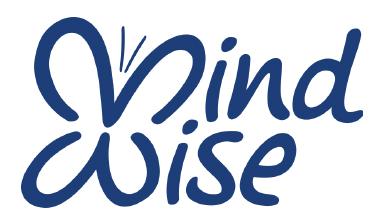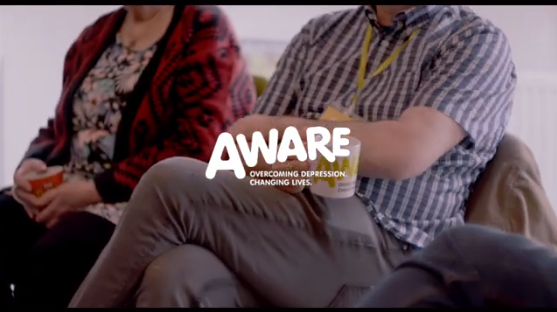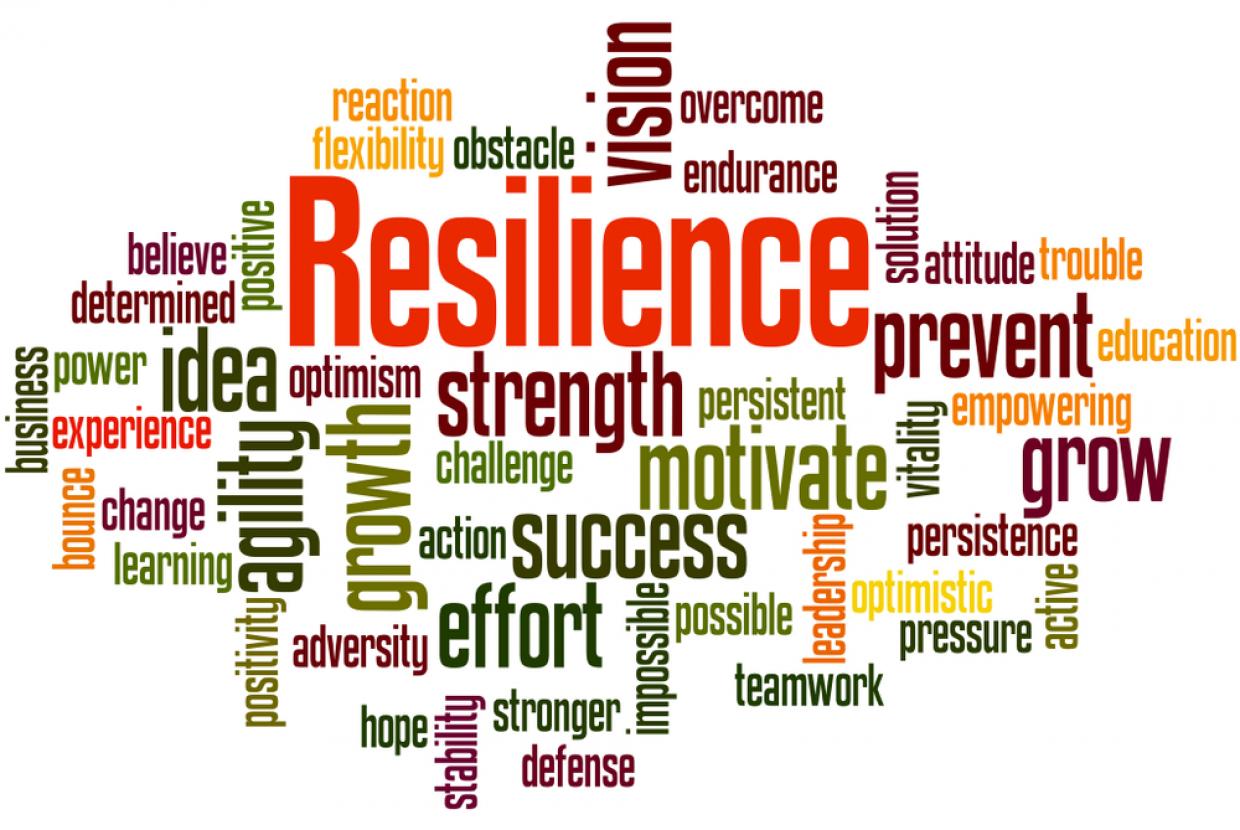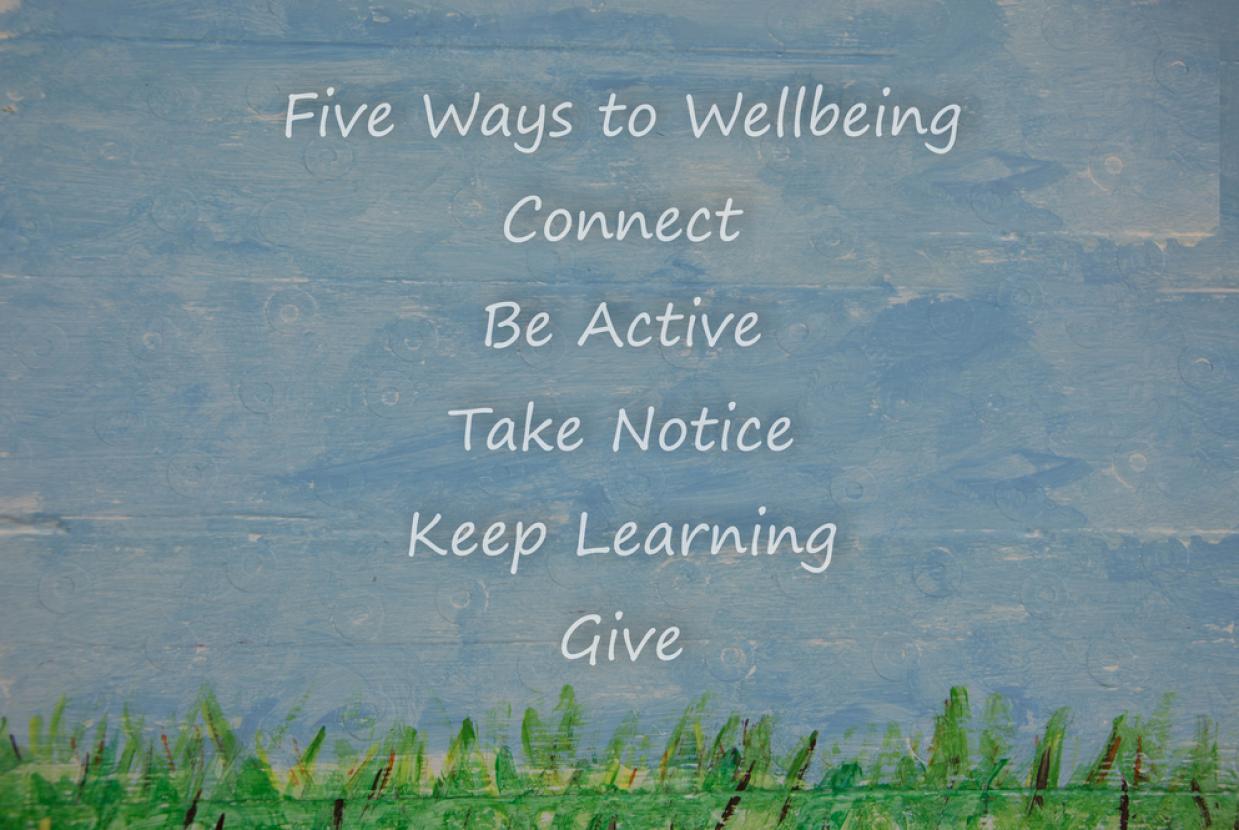Treatment and Therapy
Medications
The primary treatment for mental illness is usually medication, which is either taken orally or by slow release injection. Medications have been developed to relieve different symptoms, so that one may be taken for something specific, or more than one in a combination to deal with different symptoms at the same time.
Medications can be categorised according to their function:
- antipsychotics, to relieve symptoms of psychosis
- antidepressants to relieve symptoms of depression
- mood stabilisers to moderate extreme mood changes
- benzodiazepines, for the relief of anxiety
Whilst medications are often effective, they can also cause variable side effects, so it is important to find a medication that works for you with minimum disruption. A review of medication being taken should be carried out by a doctor annually, but if side effects are causing problems, don’t hesitate to talk to your doctor about looking for an alternative choice.
Talking therapies
The second most common type of treatment is talking therapy. There are different models of talking therapy which have particular goals, and an individual should be referred to a method of therapy relevant to their needs. These models include:
- cognitive behaviour therapy, which changes problematic patterns of thinking or behaviour
- cognitive analytical therapy, which focuses on improving the client's coping habits so that future problems are easier to deal with
- dialectical behaviour therapy, which focuses on learning how to react normally to emotional triggers
- psychotherapy is based on the client using their own insight to solve current problems
- family intervention, which engages the family unit as part of the therapeutic process
- creative therapies (e.g. art and drama) to deal mainly with emotional conflicts
- counselling, which is about being able to talk without fear of judgement or criticism
Complementary Therapies
Other treatments for mental illness include complementary therapies, to be used alongside more conventional treatments such as medication and therapy such as mediation, art therapy, massage and other relaxation techniques and practices.
























































